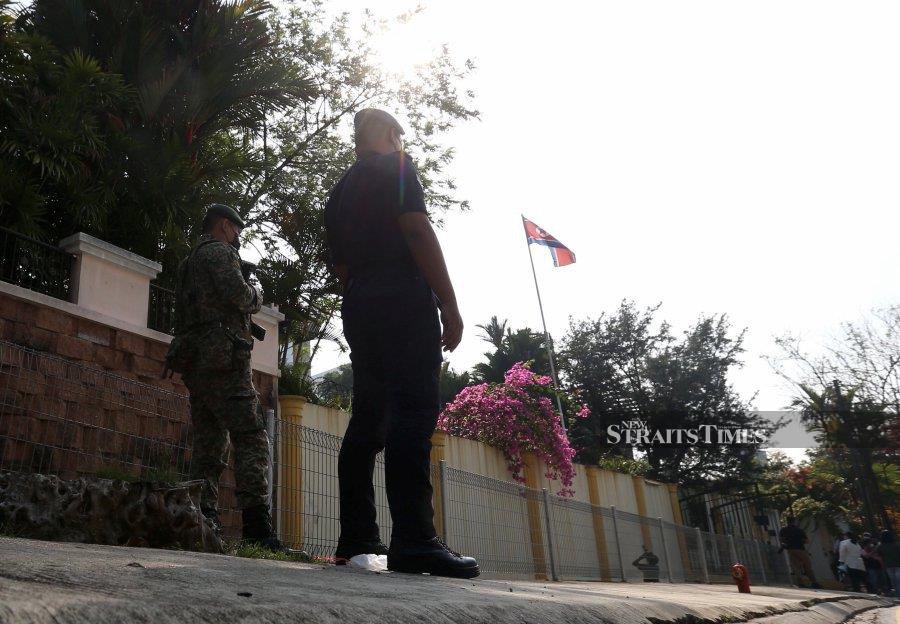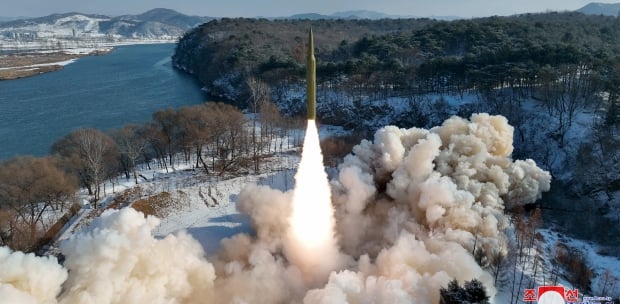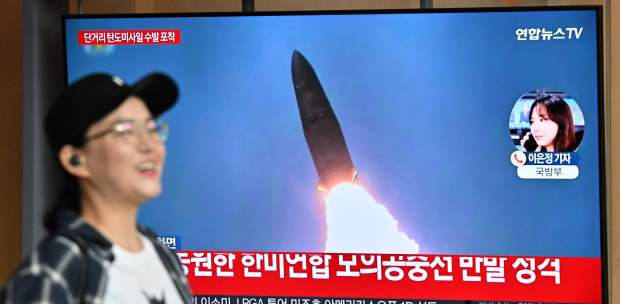THE announcement by North Korea, or the Democratic People's Republic of Korea (DPRK), that it was severing diplomatic relations with Malaysia came as a predicted surprise of sorts to political science pundits.
The surprise was that this divorce did not happen earlier.
This was an event that was at least a decade in the making. The much-publicised assassination of North Korean leader Kim Jong-un's estranged brother, Kim Jong-nam, on Malaysian soil in February 2017 was only one of a series of events that led to the breakdown of relations.
Relations between two states can be maintained in three ways.
First, when there is a master-slave relationship, i.e. when one state is dependent upon the goodwill of the other. Since the state that is dependent will acquiesce to everything that the master state does and says, there will be little to no problems in this type of relations.
Second, when both states are interdependent. Because their need for each other is mutual, relations will be disrupted only by those instances when they forget how much they need each other and decide to compete. Most of the time, this type of bilateral relations is smooth-sailing.
The third type of relations between states is when the states are uneasy with each other or have no real substance to their relations. This is where Malaysia and the DPRK are, or were.
With very little in terms of trade and tourism exchange, and much less in terms of a common outlook on the international fora, this type of relations is the rockiest of all and the first to unravel.
Which is why many political analysts were surprised that it took us this long to get here.
The DPRK has always been a mysterious state. Life beyond the demilitarised zone (DMZ) is murky and North Korea has been known to do what it wants to do. In international relations, it is an anomaly because most states "act" at being nice to get what they want.
But this is one state that has no such vices or diplomacy.
Consider that North Korea has conducted at least six nuclear tests, four of which took place during Jong-un's reign.
It has conducted more nuclear tests than any other non-nuclear state as recognised by the Nuclear Non-Proliferation Treaty. Reports of human rights violations and abuse in North Korea are rife, but to no effect.
A state that cannot be swayed, intimidated, mitigated, or influenced by bilateral, multilateral and international condemnation and protests, is a state to be taken very seriously.
We cannot just close the door on the DPRK and forget about it when it has nuclear capabilities.
What is worrying about North Korea post-2011 is its increasingly isolated stance. True, there was something close to a social dialogue between former United States president Donald Trump and Jong-un, but away from the headlines and the glare of the media, progress on matters of substance was slow.
Sanctions against North Korea are still in place and no additional leeway has been given for their citizens to travel.
Anything that exists in isolation is a potential powder keg.
In the US, rural communities that shun the outside world run the risk of becoming increasingly intolerant, with pockets where zealots will thrive.
North Korea's diplomatic world is becoming smaller. In circles where their envoys are still present, they often keep to themselves and very rarely establish any kind of rapport or friendship.
One particular formal diplomatic dinner saw the ambassador of the DPRK arriving late, refusing to communicate in any other language other than in Korean and then committing the ultimate faux pas by getting up from the table and saying goodbye before the dinner was halfway done.
Of course, this could be attributed to individual personalities, but it does fit the pattern of a country that will not bow to the conventions of society.
Even at the United Nations, where everyone is more or less one big family, the North Korean diplomats are always treated like interlopers rather than active participants in the game.
Malaysia is not the centre of the world, so we should not take this severance of diplomatic ties personally. But the rest of the world still seem to think that North Korea matters. Why does it still keep trying to engage the DPRK?
The answer may lie in the old saying: a cornered dog has no choice but to turn and bite. Now imagine if that dog had a nuclear warhead or two.
The writer is a foreign service officer, who writes on international affairs with particular emphasis on Africa






